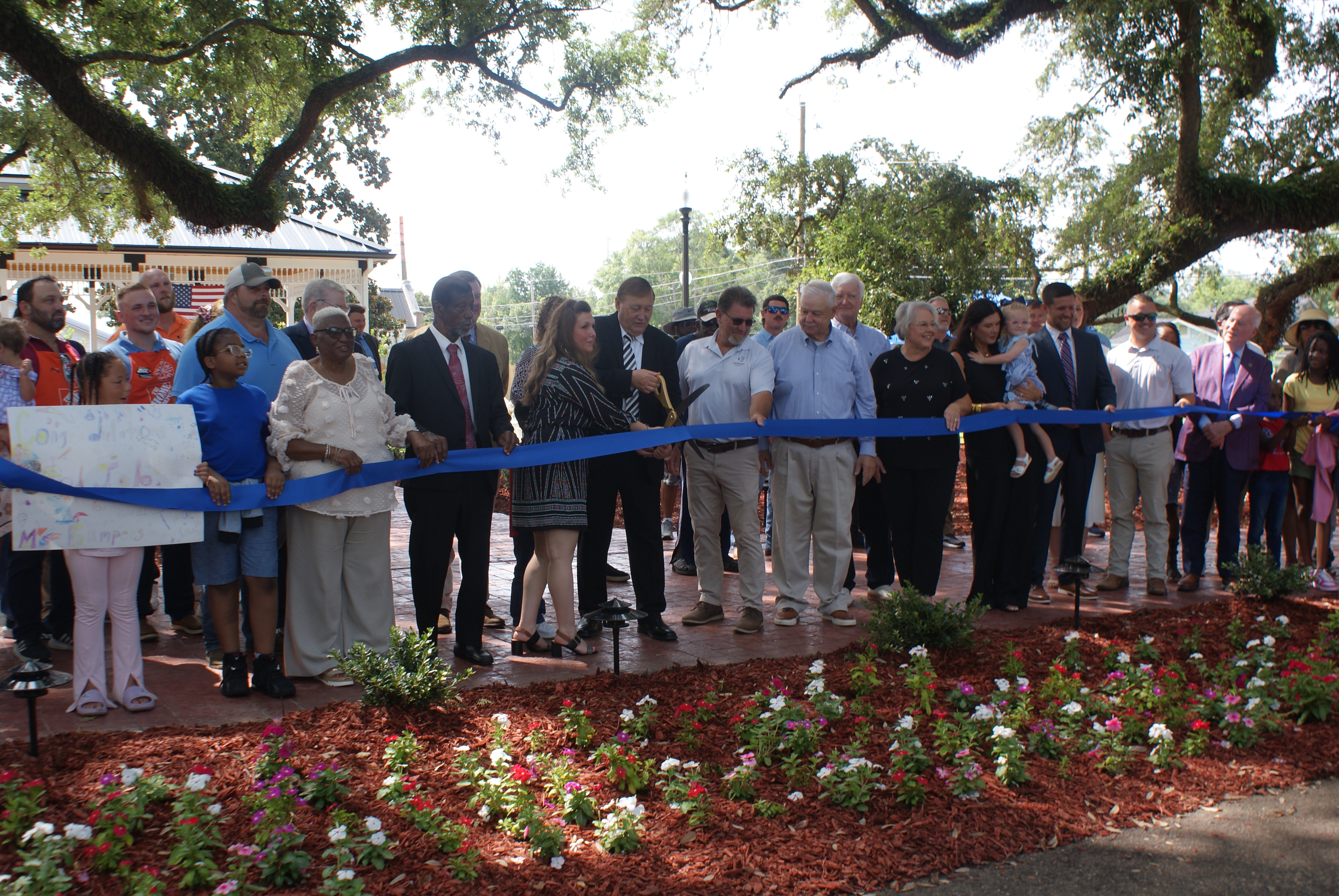Hood sees no potential for ‘major difference’ in Miss. primaries
Published 4:30 pm Thursday, July 19, 2007
Mississippi’s chief legal officer says he does not believe a federal judge’s ruling in an election lawsuit will have a major impact on how political parties conduct their primaries.
“I don’t see it … 10 years down the road, as being a major difference in how people vote in Mississippi,” Attorney General Jim Hood said Wednesday.
Hood’s comments came a day after U.S. District Judge W. Allen Pepper of Cleveland said Mississippi must restructure its party primary system by Aug. 31, 2008.
The latest order came weeks after Pepper’s first ruling in a lawsuit filed by the Mississippi Democratic Party, which sought to keep nonmembers from voting in the Democratic primaries. Some black Democrats have complained that whites sympathetic to Republicans have been voting in the Democratic primaries.
Pepper ruled June 8 that Democrats have a constitutional right to “disassociate” with people they don’t want voting in their primaries. To do that, he said, the state should reregister all voters to allow people to declare themselves as Democrats, Republicans or members of another party. Or, Pepper said, people could register as unaffiliated with any party.
Under current law, Mississippians do not declare a party affiliation when they register to vote.
Pepper also ruled June 8 that the state Legislature should enact a voter identification law. Without ID, he said, the political parties wouldn’t know whether people voting in their primaries are party members. Democrats did not request voter ID — an issue that has been strongly supported by Republican leaders over the past decade.
Hood said there has been “hysteria” across the political spectrum about Pepper’s ruling.
Some Democrats who disagree with their party’s lawsuit predict that re-registration of voters could racially polarize the party by driving away large numbers of moderate whites who now vote for Democrats in local elections and Republicans for federal offices.
Hood disagreed.
“We’ll probably have maybe a third Democrat and a third Republican and the other third being independents — and probably independents would be the largest group,” Hood said during a news conference in his office Wednesday.
Lawmakers could decide to let each party determine whether independents could participate in their primaries.
“I am comfortable in the fact that neither party would prohibit independents from voting,” Hood said.
Mississippi Democratic Party chairman Wayne Dowdy said in a separate interview Wednesday that he wants independents to be able to vote in Democratic primaries.
“What offends me is persons who are clearly Republicans voting in Democratic primaries for mischievous reasons,” Dowdy said.
Asked to elaborate, Dowdy said he was talking about attempts by Republicans to make sure “a weaker Democrat is chosen” in a Democratic primary.
Gov. Haley Barbour, the top Republican elected official in the state, said last month: “The Republican Party wants anybody to vote in the Republican primary who wants to.”
Hood said he believes many people have misunderstood Pepper’s order about party registration.
“This does not order that we have primaries by registration,” Hood said. “That’s not what this court has ordered. All this court ordered was the Legislature to make that available.”
Pepper wrote Tuesday that he is leaving details of new election laws up to legislators but it was his intent that “the Legislature would have to, at a minimum, require party registration and voter identification, since any other option would be inadequate to ensure the plaintiffs’ right to disassociate.”
Supporters of voter ID say it would help ensure fair elections. Opponents say ID could be used to intimidate older black voters who once faced poll taxes or threats of violence for trying to vote.
In the past, some lawmakers have suggested exempting older people from a voter-ID requirement. However, Pepper wrote Tuesday: “The identification must be required of every would-be voter, and no exceptions should be allowed such as for those over 65 since one must be able to prove one is over 65 to be excepted, which would require accurate identification.”
Pepper’s original ruling said Mississippi must restructure its primary system before the 2008 federal primaries. Hood and Secretary of State Eric Clark requested several weeks ago that Pepper delay the changes. They said it would be impossible to reregister 1.7 million voters in time for the March 11, 2008, federal primaries. Legislators’ 2008 session runs from January through April.
Any changes in Mississippi election laws must be approved, or “precleared,” by the U.S. Justice Department to ensure the changes are fair to minorities.





